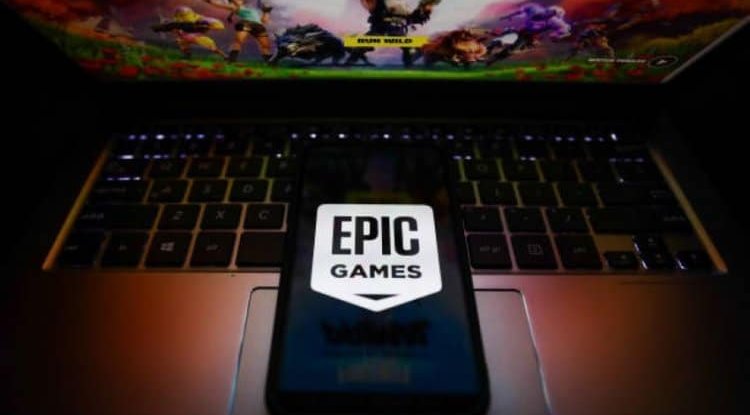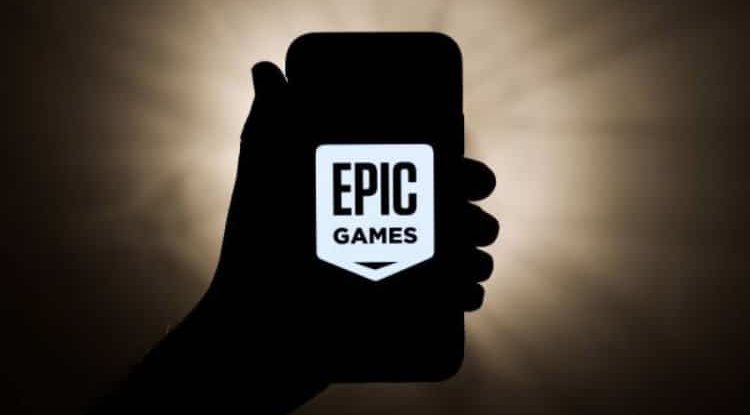EPIC AGAINST APPLE: All the business secrets of the giants we learned at trial
In the trial between the two technology giants, a large amount of dirty laundry surfaced. Already in the first weeks of the trial, the gloves fell off and long-kept secrets came to light.

Epic Games has sued Apple over the way it runs its App Store. Epic says that Apple has a monopoly in its store and charges large fees for games such as Fortnite, which is owned by Epic Games. Apple charges 30% of each transaction in the game. Epic, therefore, created a system that bypasses the fee paid by the App Store, so Apple blocked the game on its store. Epic then filed a lawsuit, and Apple filed a counterclaim for Epic violating the deal. The trial began on May 3.
Epic also filed a lawsuit against Google on the same day, for similar reasons on the Play Store on Android phones, as Google also withdrew Fortnite after an update that redirects all purchases to the Epic store.
All parties presented their arguments, witnesses were heard and now it is up to the judge to make a decision. Both sides used the trial to present things that have no direct connection with the topic of the lawsuit, so we had the opportunity to find out many interesting things during the month of May. The trials were such that you could literally pop out the popcorn and watch witnesses sweat as they answered awkward questions, especially when combing the Inbox of Tim Cook, Apple CEO, began.
Apple has locked iMessage to sell more iPhones
Apple has been under pressure for some time to enable iMessage outside the iOS ecosystem, but they persistently refuse. At trial, we learned that Apple took the pros and cons of expanding iMessage outside of iOS very seriously. Internal emails show an initiative for the iMessage messaging app to expand into a WhatsApp-like platform, as well as responses rejecting it with the explanation that opening iMessage outside the iOS ecosystem means less reason for someone to buy an iPhone. The PlayStation deal around Fortnite is even weirder than we thought
Sony also reluctantly became part of the trial, because this company enabled the so-called "crossplay", ie playing by crossing different console versions of the Fortnite game. Sony saw crossplay as a problem for its business and wanted to adopt it only if Epic agreed to a complicated multi-platform revenue system. It is a unique contract that Epic has agreed to because the PlayStation platform is one of the biggest sources of revenue for this game. Apple has done everything it could to allow Netflix to sell its subscription to the iPhone
Apple insists that the AppStore treats all development teams equally, but it is clear that big players like Amazon have special treatment due to a large number of users. So recently, options to buy or rent movies have appeared in the Amazon Prime video app, although Apple has a rule that all digital purchases must be made through Apple's payment system.
During the trial, information emerged that Apple employees were struggling in every way to keep the Netflix subscription over the iPhone. Namely, Netflix no longer wanted to pay a 30% subscription fee for someone logging in via iOS rather than through a browser. For a while, Apple was willing to do almost anything it could just keep Netflix. They offered to advertise the Netflix platform in their retail outlets, as well as to have Netflix be part of the package with other Apple services.
The App Store makes a lot of money, but Apple doesn't want to admit it
One of the funny things about the trial was that Apple insisted they didn't know how much profit they had from the App Store, because "they don't view their business that way." For example, the App Store brought the company revenue of more than 60 billion dollars in 2020 alone, which is a large amount of money that the company is not aware of. The great Tim Cook also pretended to be silly, stating that he believed that the App Store was profitable, but he never counted how much.
One of the witnesses of the Epic Games expert stated that the profit margin of the App Store is an incredible 78%, which means that the net profit for the mentioned 2020 is more than 45 billion dollars. Of course, Apple denied all the mentioned claims, saying that the expert's calculation was wrong.
Xbox finances are also weird
Microsoft is the company that unofficially sits next to Epic Games at trial, securing directors who testified in court in favor of the plaintiff. The Windows Store, meanwhile, has lowered its fees to put Apple under more pressure. The most interesting part of the trial happened when Xbox Business Director Lori Wright came out to testify, and when she stated that Microsoft does not make money by selling Xbox consoles.
Epic wanted to show in this way that companies function in different ways. Microsoft does not make money on consoles, in order to create more users and thus make more money through games and software. On the other hand, Apple makes money through the sale of its phones and later through software. As this pretty much hit Apple, their lawyers insisted that Microsoft release official statistics and statements around the Xbox business. Epic pays other companies more than Apple gives
It was announced at the trial that Epic paid 237 million dollars to Apple for Fortnite between January 2017 and October 2020. However, in 2020, Epic paid $ 245 million to Microsoft and as much as $ 451 million to Sony. Epic's lawyers "pulled out" here, saying that it was necessary in order to compensate for the loss from the sale of consoles. The way the Epic Store operates is even stranger
In the trial, Epic admitted that they spent hundreds of millions of dollars on a PC gaming platform and that most of it went to arrangements to attract development studies and users, including a free gaming program through which Epic gained millions of new users by offering development teams compensation for participation. The latest example is the free game Among US.
Epic Games founder and CEO Tim Sweeney said he expects the Epic Store to become profitable around 2024, although Epic has planned several potential future ways to do business. One is an aggressive model similar to this today, with large investments in exclusive titles to attract new users. The second is much more conservative and in it, the company focuses only on the minimum guarantees promised by exclusive titles by 2021
By: Nitza - Gossip Whispers.





































